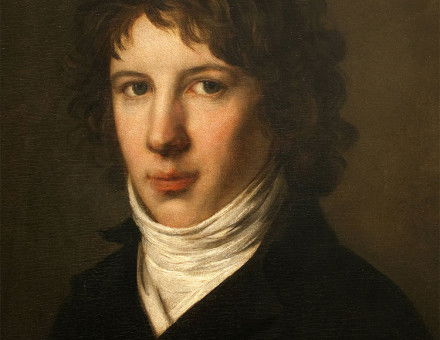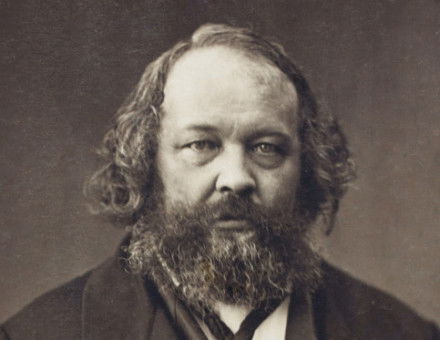Charles James Fox
Charles James Fox has been presented as the prototype of the nineteenth-century Liberal. Certainly his gifts were extraordinary. But did he put them to a worthy use? Ian R. Christie critically re-examines his record of public service.




